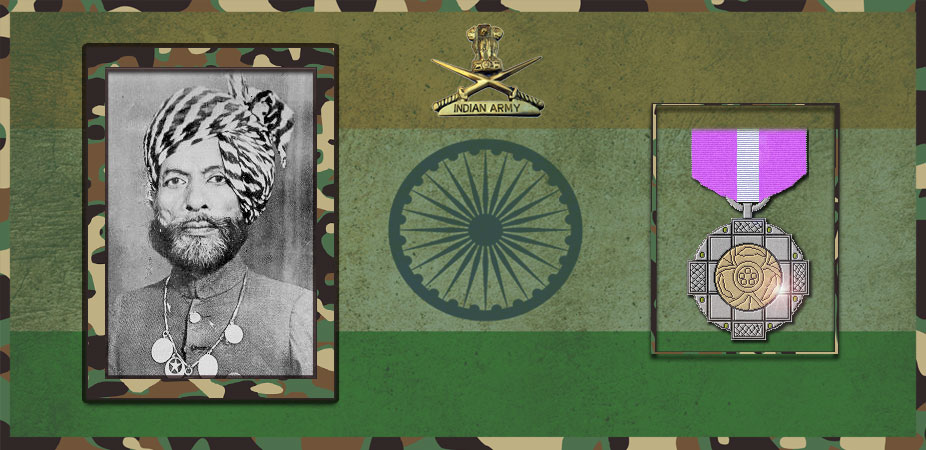Let's salute to our Indian Army together, We are proud to be Indian.
Let's salute to our Indian Army together, We are proud to be Indian.

Mushtaq Hussain Khan (1878–1964), popularly known as Ustad Mushtaq Hussain Khan, was an Hindustani Classical Music vocalist. He belonged to the Rampur-Sahaswan gharana.
Mushtaq Hussain Khan was born in a family of traditional musicians in Sahaswan, a small town in Budaun District of Uttar Pradesh. It is where he grew up and spent his boyhood. He lisped musical notes almost before he learned to speak.
Although music came to him quite early in life, it was only his tenth year that his father Ustad Kallan Khan held his hand and began giving him regular lessons or rather introduced him into this art. Mushtaq Hussain Khan was twelve when he became the privileged disciple of Ustad Haider Khan and went with him to Kathmandu, Nepal. He then began taking minimal music training from Haider Khan. Finally, after two years, Mushtaq Hussain Khan came under the tutelage of Ustad Inayat Hussain Khan, it is when he was groomed into perfection. Collectively, he spent eighteen years of his life with his master and these years were not spent in vain. He was undoubtedly as great a man as a Musician. He gave generously to the needy and never held grudges against anyone. He was extremely tolerant and a God fearing person who owed his success to his Peer (Saint), Hazrat Shah Muhammed Taqi, alias, Aziz Miyan Qibla (R.A) of Khanqah-e-Niyazia, Bareilly Shareef, Uttar Pradesh, in whom he had implicit faith.
Mushtaq Hussain Khan practised for six whole months to be able to excel the Gandhar while rendering Miyan-Ki-Todi. His hard work and devotion succeeded and his hopes came true at the age of thirty-five when he was enlisted as one of the court Musicians in Rampur. Later, Mushtaq Hussain Khan became the Chief court Musician of Rampur. In the twenties, when the vogue of music conferences were started in the country, Mushtaq Hussain Khan was perpetually invited to participate in them. No music conference was considered complete without him.
When the Government of India decided to honour outstanding exponents of the Arts, he was the first Vocalist to receive the Rashtrapati Award in 1952. He was also the first recipient of Sangeet Natak Akademi award. In 1956, he retired from Rampur and joined the Shriram Bharatiya Kala Kendra, New Delhi the following year and received Padma Bhushan in 1957.